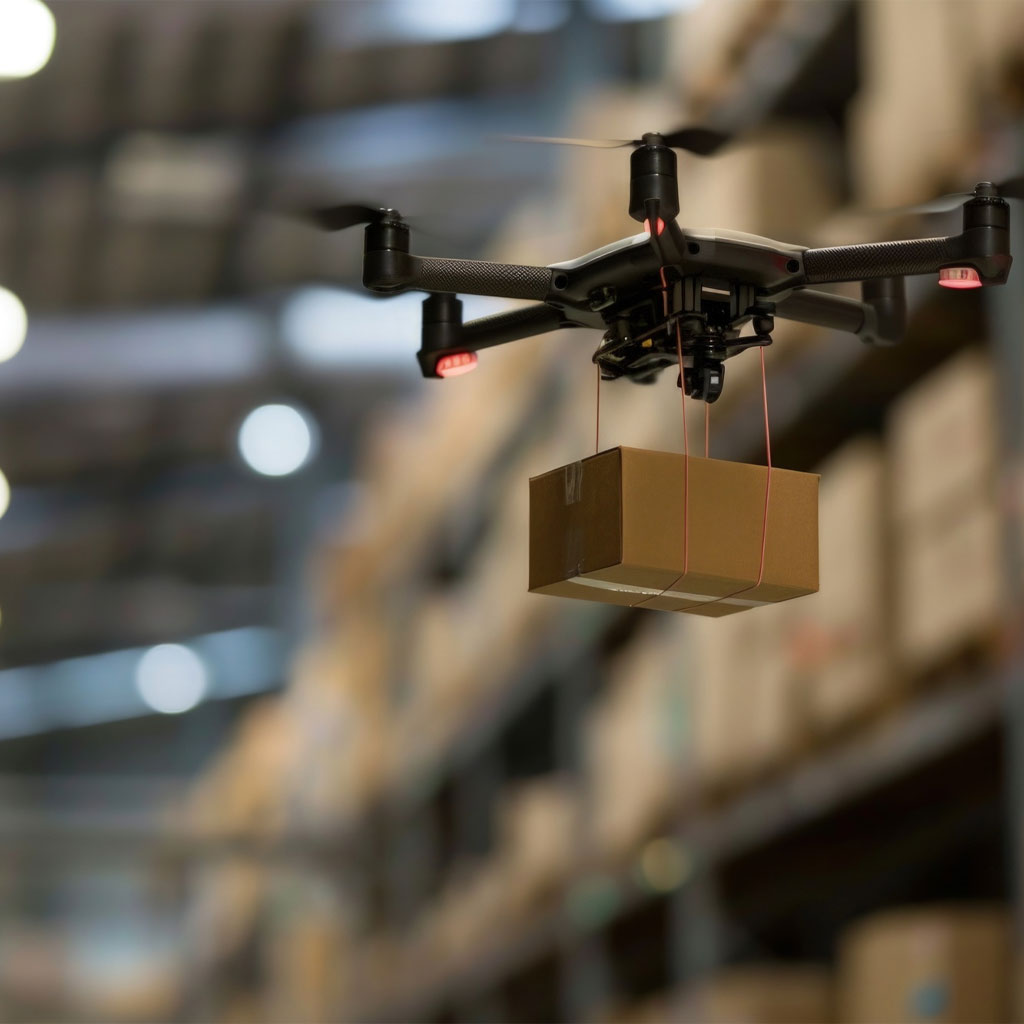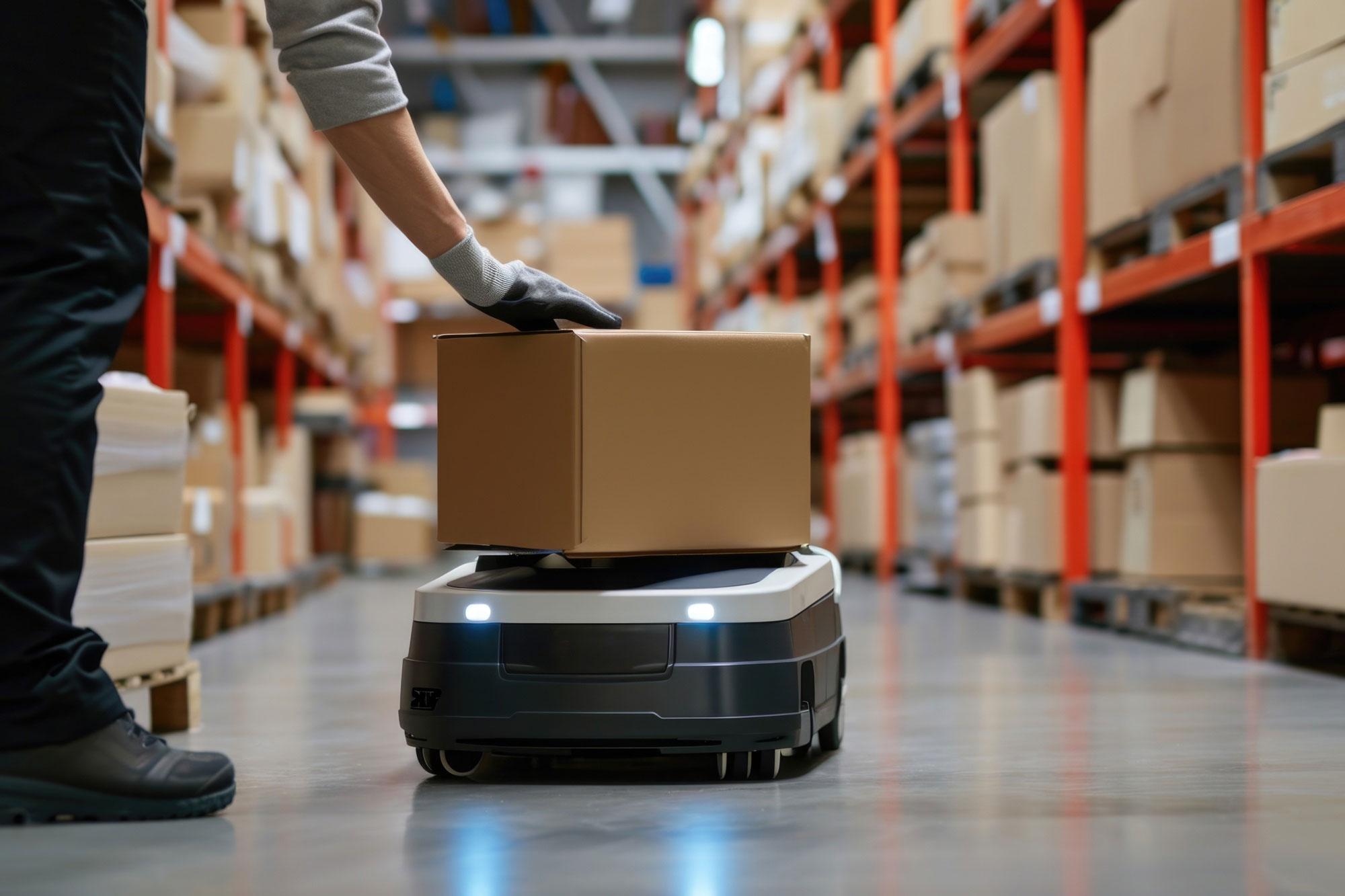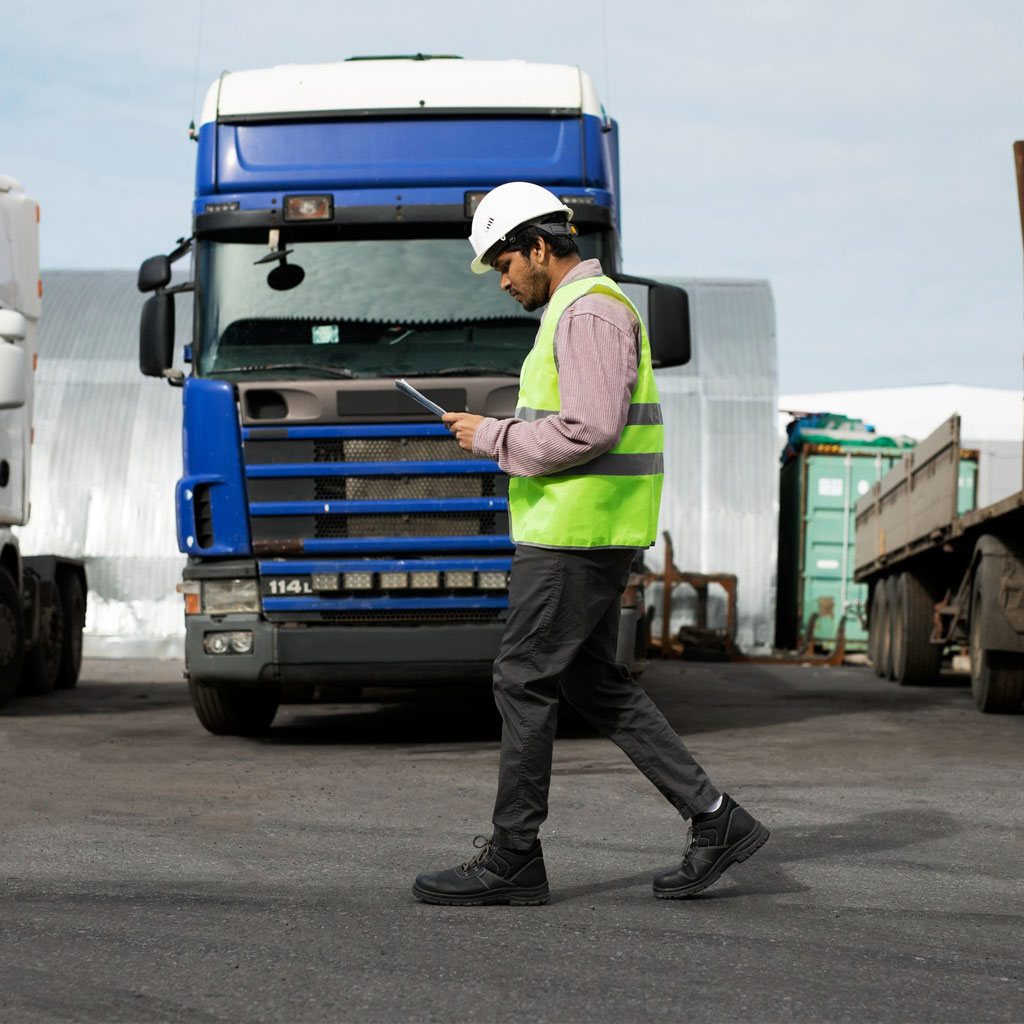
The Future of Logistics and Smart Transportation in International Trade
The Future of Logistics and Smart Transportation in International Trade
Introduction
Today’s world is experiencing tremendous changes in international trade. Rapid technological advancements, population growth, rising demand for goods and services, and shifting consumption patterns have made logistics one of the most critical pillars of the global economy. Logistics is not just about moving goods from one point to another, but a set of complex processes including transportation, warehousing, supply chain management, smart planning, and the use of modern technologies.
When we talk about the future of logistics, we actually mean the transformations taking place in transportation and supply chain management through modern technologies and smart solutions. Countries and major corporations are striving to leverage artificial intelligence, the Internet of Things, blockchain, robotics, and green technologies to make logistics both more efficient and more sustainable.
In this article, we will examine various dimensions of the future of logistics in international trade. First, we will review the concept of logistics and its importance in the global economy, then explore emerging trends, the role of smart technologies, the impact of intelligent transportation on global trade, the challenges and opportunities, successful examples, and finally, predictions for the future of logistics by 2050.
What is Logistics and Why is it Important?
Logistics, in simple terms, refers to the management of the flow of goods, services, and information from the point of origin to the point of consumption. This process includes activities such as transportation, warehousing, packaging, distribution, and inventory management. In international trade, logistics plays a vital role because countries depend on imports and exports to meet their needs.
The importance of logistics lies in the fact that if the transportation system and supply chain are not efficient, even the best products cannot reach consumers on time. This directly impacts customer satisfaction, company profitability, and the economic growth of nations.
In the future of logistics, speed is no longer the only priority. Service quality, environmental sustainability, and cost reduction have also become highly significant. This has led countries to seek innovative solutions for better logistics management.
Emerging Trends in the Future of Logistics
One of the most important aspects of the future of logistics is the trends currently shaping the industry, which will have a major impact on global trade in the years ahead. Some of these trends include:
-
Digitization of processes: Using smart software to manage supply chains and transportation.
-
Focus on green logistics: Using clean fuels, electric vehicles, and reducing carbon emissions.
-
Increased role of robotics: Robots will play a key role in warehousing, packaging, and even delivery of goods.
-
Use of big data: Analyzing large datasets to forecast demand and optimize transportation routes.
-
Customer experience focus: Companies aim to create more transparency in the logistics process, allowing customers to track their orders in real time.
These trends are transforming the future of logistics, making international trade faster, smarter, and more efficient.
The Role of Smart Technologies in the Future of Logistics
Modern technologies are the backbone of the future of logistics. Here we will review some of the most important technologies:
Artificial Intelligence
Artificial intelligence helps companies optimize transport routes, reduce costs, and accurately forecast market demand. AI algorithms can analyze historical data to make the best decisions for the future.
Internet of Things (IoT)
The Internet of Things (IoT) enables the connection of vehicles, warehouses, and even goods. For example, a container equipped with sensors can report its internal temperature to ensure that sensitive products such as medicines or food are transported under the right conditions.
Blockchain
Blockchain adds transparency and security to the future of logistics. With this technology, all stages of transportation from origin to destination are recorded immutably, preventing fraud and errors.
Robotics and Drones
Robots in warehouses can handle heavy tasks such as moving goods. Drones will also play an important role in the fast delivery of goods, especially in remote areas.
Autonomous Vehicles
Smart transportation would not be complete without autonomous vehicles. Driverless trucks can travel long distances with minimal error and reduced costs.
Smart Transportation and Its Impact on the Future of Logistics
Smart transportation is one of the most important components of the future of logistics. This concept involves using modern technologies to better manage transportation systems. Smart transportation can reduce traffic, save fuel, lower pollution, and increase delivery speed.
One example of smart transportation is the use of intelligent traffic management systems, which collect real-time road data to suggest the best routes for trucks and cargo vehicles. Additionally, the development of electric and autonomous vehicles will play a major role in the future of logistics.
Challenges and Opportunities in the Future of Logistics
Although the future of logistics looks promising, it is not without challenges. Some of the main challenges include:
-
High costs of implementing modern technologies
-
Cybersecurity concerns in the use of digital systems
-
Lack of adequate infrastructure in some countries
-
Resistance of traditional workforce to new technologies
However, there are also many opportunities:
-
Improving the speed and quality of transportation services
-
Creating new markets for international trade
-
Reducing costs and increasing profitability
-
Helping protect the environment through green logistics
Successful Examples of Smart Logistics Implementation
Some countries and companies have managed to transform their logistics using modern technologies. For example:
-
Amazon: This company uses robots and drones for fast delivery of goods.
-
Singapore: By developing smart ports, this country has become one of the main logistics hubs in the world.
-
Germany: Through investments in green technologies, Germany has developed sustainable transportation systems.
These examples show that the future of logistics will be heavily influenced by modern technologies.
Predictions for the Future of Logistics by 2050
Experts believe that the future of logistics will undergo major changes by 2050. Some of these predictions include:
-
Widespread use of autonomous vehicles in goods transportation
-
Replacing fossil fuels with clean energy
-
Increased use of drones for delivering small goods
-
Full digitization of the supply chain with blockchain and IoT
-
Greater focus on green logistics to reduce environmental impact
These changes will not only transform international trade but also influence people’s lifestyles.
Conclusion
The future of logistics and smart transportation is one of the most important topics in international trade. Despite challenges such as high costs and insufficient infrastructure, there are countless opportunities in this field. Countries and companies that successfully adopt modern technologies such as AI, IoT, blockchain, and autonomous vehicles will lead the future of logistics.
In summary, the future of logistics not only affects the global economy but also plays a key role in improving quality of life, protecting the environment, and creating new markets. Therefore, it can be said that the future of logistics is the key to sustainable development in the 21st century.



